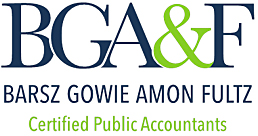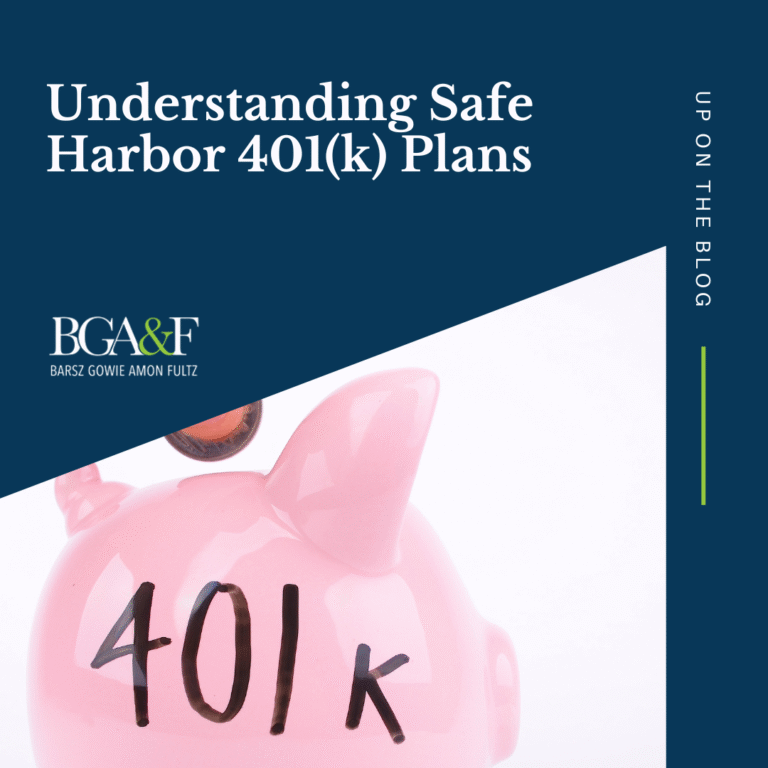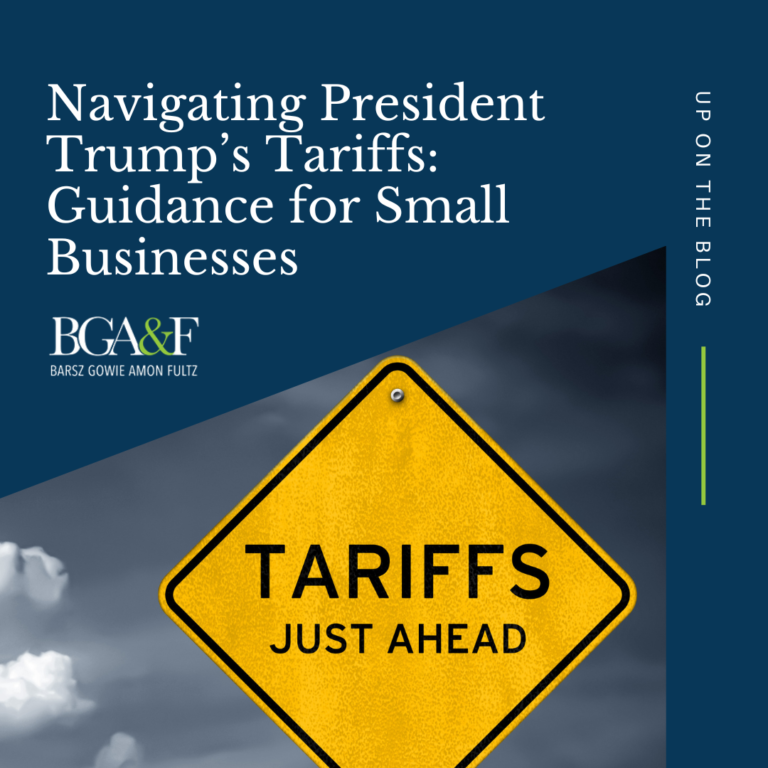Though the April 15 deadline has passed, tax planning is a year-round endeavor. Since your relevant financial documents from 2018 are likely still top of mind, it is a great time to strategize for your 2019 filing. Maximizing your returns for the coming year will require thinking about retirement plans, charitable giving, and investing.
Retirement Planning
Roth IRAs and Roth 401(k) accounts are two of the most
popular retirement plans offered by employers. Contributing to an IRA is one
way to tax-shave up until April 15, but it’s essential to consider investments
in retirement prior to filing day. In addition to setting yourself up for
financial success and retirement stability, contributing to these plans earlier
will allow your money to compound over time.
Charitable Giving
Many people delay their charitable contributions until the
end of the year, but there are many benefits to distributing your giving
throughout the year. Charitable donations are itemized deductions on federal
refunds, which entices people to be in the giving spirit. While many people
contribute to charitable organizations in November and December, your budget
will benefit from spacing out these contributions. In addition to alleviating
pressure from your holiday spending budget, this will allow you ample time to
research organizations you would like to support, making your giving more
meaningful.
Investment Strategy
Investing is key to diversifying your finances. If you have
stocks, mutual funds, or other securities (outside of IRA plans), it is crucial
to think about the timing of trading your assets. Investment losses are applied
to reduce gains, but if your losses outweigh your gains, you can deduct up to
$3,000 in excess losses for different incomes. Additionally, short-term gains
are taxed at higher rates than long-term gains that are held for more than a year.
Organization
It’s a good idea to keep your tax returns and supporting financial documents for at least seven years, but some should be kept longer. According to the IRS, the length at which you should retain various documents depends on the action, expense, or event that each document records. These documents include housing and mortgage filings, statements of investments, and charity receipts. Keeping copies of previous tax returns will also help you when filing future tax returns and can assist you in filing an amended return.
Ultimately, staying on top of financial changes within your
household and ensuring you have supporting documents will help you as you plan
for next tax season. Planning for your 2019 return will help take away stress
from next April and will support you in making smart financial decisions.




